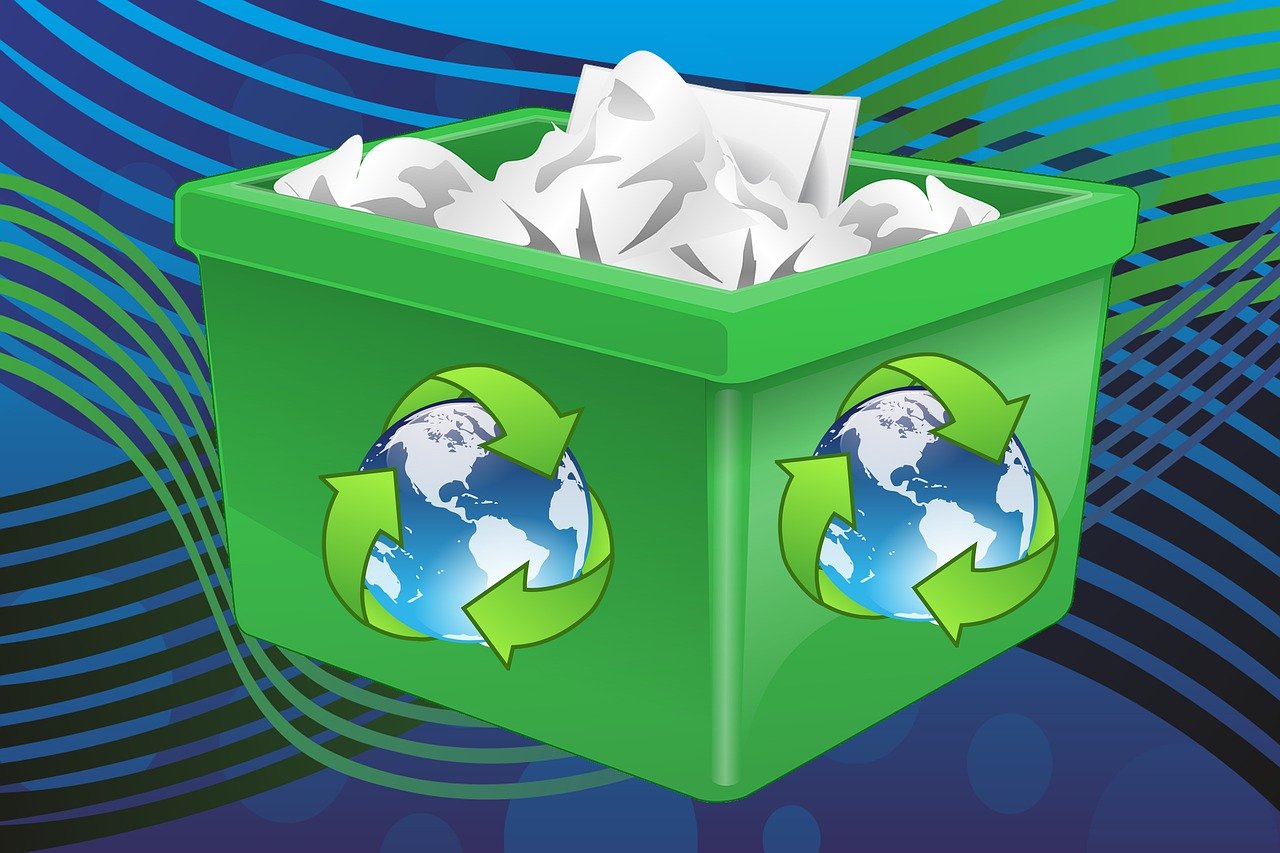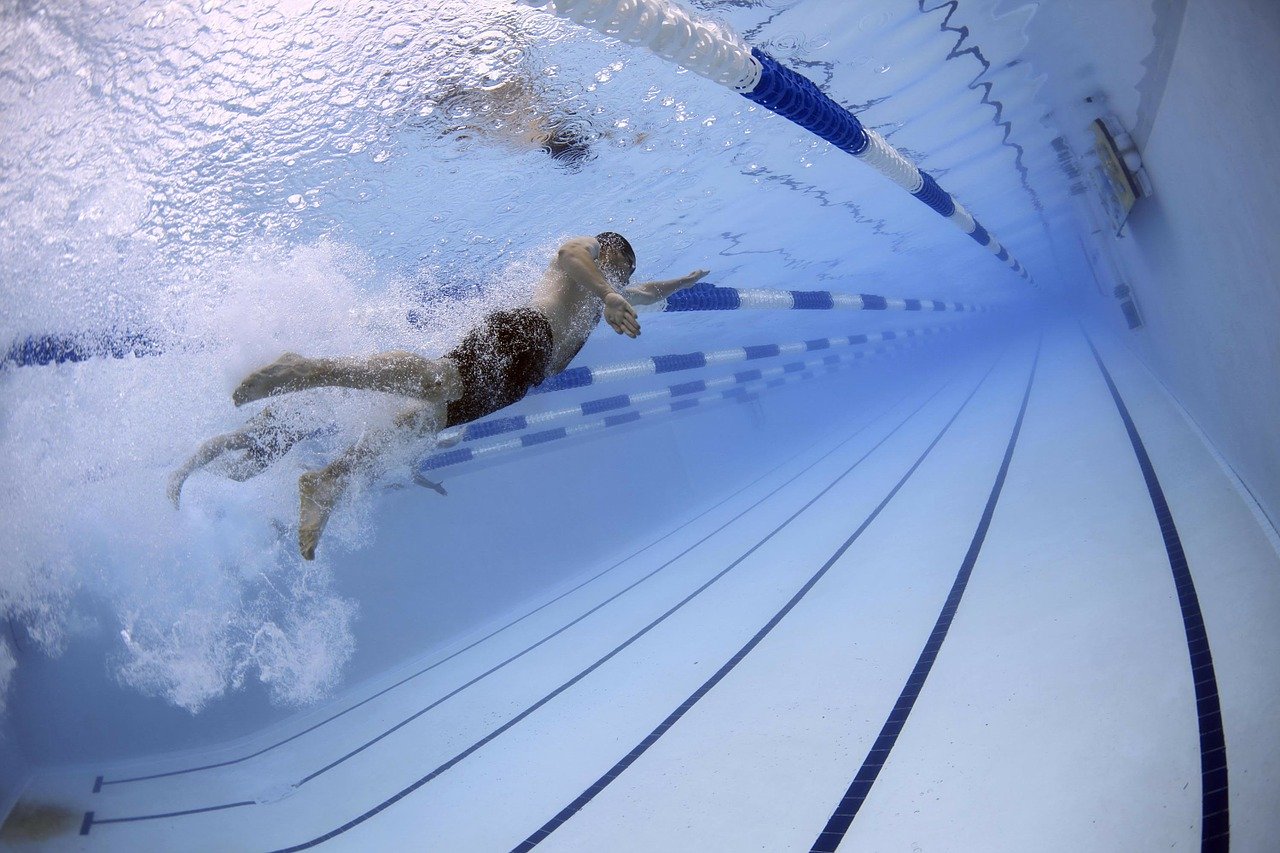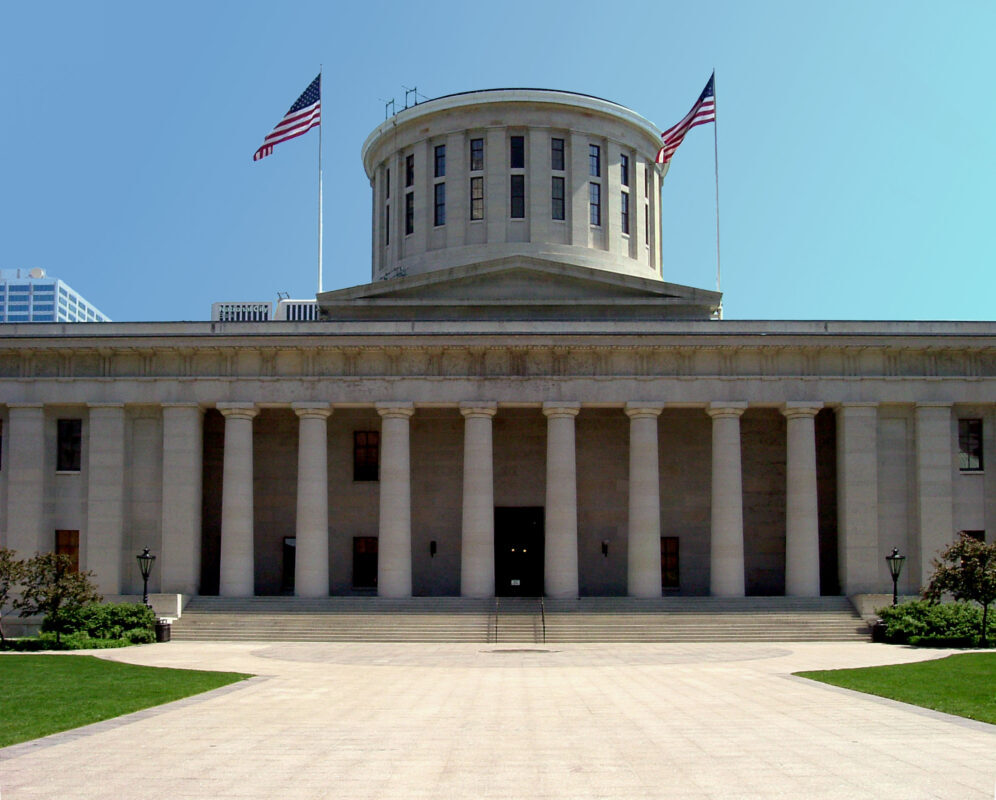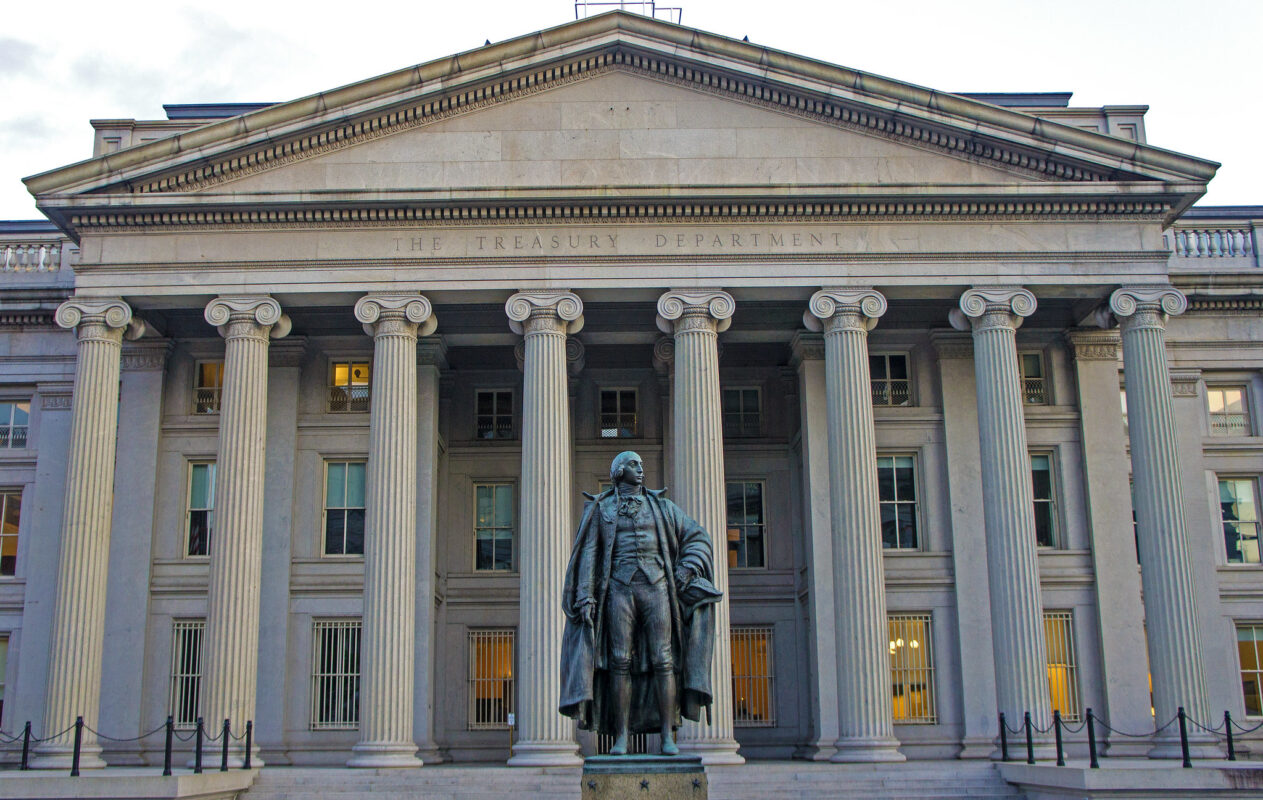By 1808Delaware
Every five years, the Delaware-Knox-Marion-Morrow (DKMM) Solid Waste District is required to update its management plan. This plan outlines how the district manages its solid waste operations, sets recycling and waste reduction goals, and determines fee structures for the years ahead. The latest update, which covers operations and proposed fees for 2026-2040, is now complete, and the public comment period is open through October 29.
Residents can review the new plan and share their input through multiple avenues. A digital version of the plan is available for download on the district’s Public Notices and Bids page. For those preferring physical access, a print copy is available for review outside the Clerk’s office on the first floor of the Historic Courthouse at 91 N. Sandusky St., Delaware.
A Brief History of Ohio’s Solid Waste Planning
In the late 1980s, Ohio faced numerous waste management challenges. Landfill capacities were declining, environmental issues were arising, and solid waste imports from other states were increasing. In response to this crisis, the Ohio General Assembly passed House Bill (H.B.) 592 in 1988. This legislation modernized the state’s waste management practices, establishing a structured planning process for waste districts.
Under H.B. 592, all 88 counties in Ohio were required to form solid waste management districts (SWMDs). Each SWMD is governed by a Board of Directors, which consists of county commissioners, and a Policy Committee, which is responsible for developing and updating the district’s solid waste management plan.
Key Goals for the 2026-2040 Planning Period
The latest state solid waste management plan sets 10 goals for each district to achieve. DKMM’s updated plan focuses on meeting these key objectives:
- Recycling Accessibility: Ensuring that at least 80% of the residential population has access to recycling services.
- Waste Reduction: Reducing and recycling 25% of all waste generated by the residential and commercial sectors.
- Education and Outreach: Providing robust educational resources, comprehensive recycling guides, and infrastructure inventories.
- Specialized Programs: Offering support for managing scrap tires, yard waste, household hazardous materials, and obsolete electronics.
Other goals include providing assistance to the industrial sector, incorporating economic incentives for waste reduction, and using tools like the U.S. EPA’s Waste Reduction Model (WARM) to track the environmental impact of recycling programs.
District Profile and Waste Management
DKMM encompasses Delaware, Knox, Marion, and Morrow counties, with Delaware being the fastest-growing. Delaware County is notable for its residential and commercial growth, while Knox and Marion counties have strong industrial sectors. This mix of urban growth and industrial operations brings unique challenges for waste management.
The district’s waste generation profile reveals that industrial activities account for over 60% of total waste, while the residential and commercial sectors contribute 37%. Recycling efforts are significantly bolstered by industrial recycling programs, but fluctuations in industrial waste reporting have led to inconsistencies in annual waste generation data.
Recycling and Reduction Programs for 2026-2040
The DKMM district is committed to expanding its recycling and reduction programs to meet state goals. Current and ongoing programs include:
- Drop-off Recycling: Continues to be a cornerstone of DKMM’s recycling infrastructure.
- Yard Waste Composting: Available for residents to dispose of organic materials.
- Business Recycling Initiatives: Programs to help local businesses reduce their waste footprint.
Additionally, new initiatives will be introduced, such as:
- Downtown Business Recycling: A new effort to target waste reduction in urban commercial districts.
- Tire Dump Cleanup Funding: Financial support to clean up illegal tire dumps.
- Residential Food Waste Collection: A pilot program to divert organic food waste from landfills.
By continuing these programs and launching new initiatives, the district aims to incrementally reach its 25% waste diversion goal for the residential and commercial sectors.
Fee Structure and Financial Plan
The DKMM district relies on a generation fee to fund its solid waste management programs. This fee is charged on each ton of waste generated within the district and accepted at transfer facilities or landfills across Ohio. Since 2012, the district has maintained a fee of $6.00 per ton, but the 2026-2040 plan proposes an increase to $7.50 per ton. This fee hike is necessary to sustain current operations and finance new programs like hazardous waste collections and electronics recycling.
In addition to the generation fee, the district collects small fees for specialized recycling services, such as hazardous waste and electronics collections, to offset some of the costs of these expensive programs.
Public Participation and Comment
Public involvement is critical in shaping the district’s waste management policies. Residents are encouraged to participate in the public comment period by downloading the plan and fact sheet from the DKMM Public Notices and Bids page. Feedback can be submitted via email, postal mail, or by attending public meetings. All comments will be reviewed by the district’s Policy Committee before finalizing the plan.










